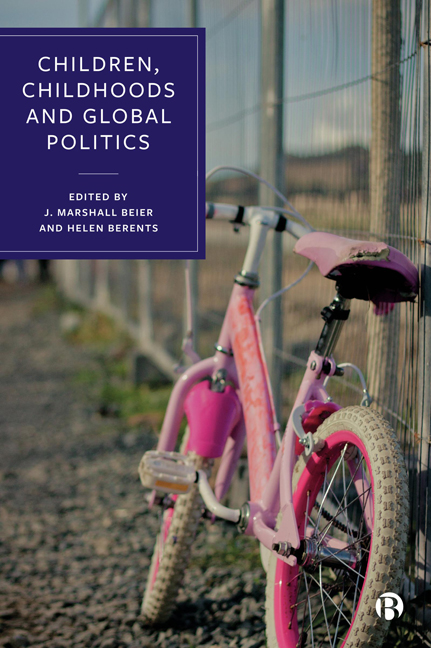2 - Creating Inclusive Reconciliation and Reporting Spaces with Children: Valuing Their Stories
Published online by Cambridge University Press: 03 April 2024
Summary
Introduction
Truth and Reconciliation Commissions (TRCs) are a widely used mechanism in the transitional justice toolkit today. The purpose and success of TRCs is widely debated within transitional justice scholarship (see Jeffery and Mollica, 2017: 531). Yet there is broad agreement among practitioners and scholars that their emphasis on storytelling provides important opportunities for dialogue within transitional communities, which enables these societies to confront past human rights violations (Quinn, 2010; Philpott, 2015). Participation of children in this dialogue is often ambiguous, inconsistent, highly mediated, and driven by political agendas. As demonstrated throughout this chapter, this ambiguity is evident in how TRCs manage their relationships with children, specifically their obligation to inform on the outcomes of their political participation. Of the 52 TRCs that have occurred since the 1970s, only the reports from Sierra Leone, Timor-Leste, and Canada have been reproduced in forms that children can access and engage with substantively. As such, many TRCs perpetuate marginalizing, apolitical discourses of childhood by excluding children from the political outcomes of reconciliation that their knowledge contributed to through storytelling.
Where children are concerned, the value assigned to their stories by transitional justice mechanisms often denotes a politicized agenda, overlooking the empowerment potential for the individual. Through the act of public sharing, storytelling can ‘reconstitute families, communities and relations’ while allowing individuals to ‘find one’s voice in the making of … history’ (Baines and Stewart, 2011: 258). Yet children’s stories have become inextricably tied to broader peace narratives, thus producing a tension between the collective and the individual. This is compounded by the nature of their participation, which requires that their stories are retold and shared through mechanisms that are often inaccessible and disconnected from their reconciliation experiences, particularly during the dissemination phase. Children’s interactions with institutionalized reconciliation practices such as TRCs, therefore, are often static and unresponsive, as the use of their stories as symbols for external political pursuits or the international peace agenda has become normalized. To that end, within the international peace architecture, Children and their lived experiences are often reduced to political resources despite widespread performative political engagement through testimony at TRC hearings and other consultative forums.
- Type
- Chapter
- Information
- Children, Childhoods, and Global Politics , pp. 31 - 44Publisher: Bristol University PressPrint publication year: 2023



